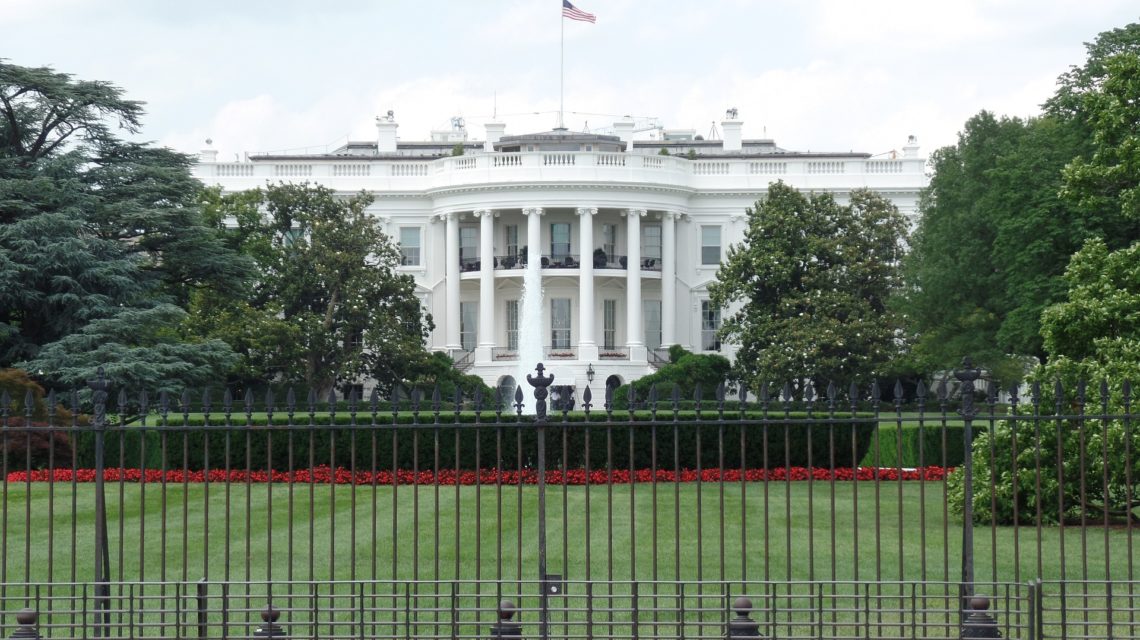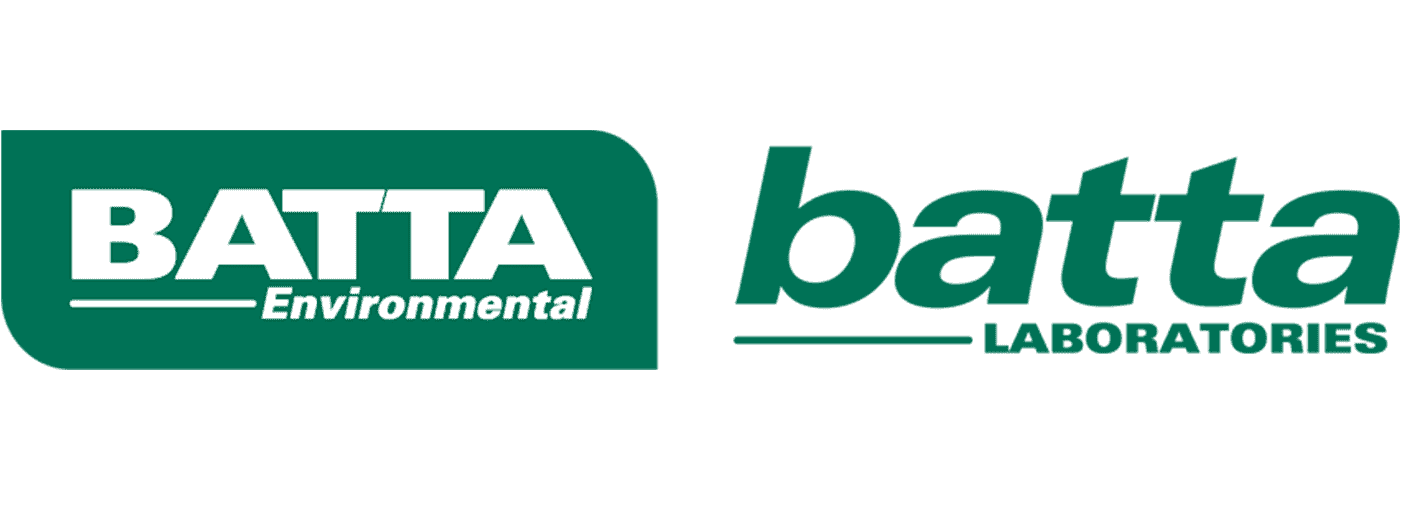
Government Shutdown Stymies Opportunity-Zone Investors
by Peter Grant
The government shutdown is putting the brakes on scores of real-estate investors and developers who have been raising hundreds of millions of dollars to take advantage of what could be one of the most attractive tax breaks in years.
Businesses had been hoping to move quickly this year to take advantage of the lucrative opportunity-zone provisions of the 2017 tax overhaul law. They give investors in nearly 9,000 lower-income areas throughout the country both a deferral on current capital-gains taxes and an exemption on gains realized on investments held for at least 10 years.
But most of these investors say that, for them to proceed with investments, they need the Treasury Department to finalize guidance on exactly how the tax breaks will work. That is not likely to happen as long as most of the government stays shut.
“We’re waiting for guidance to come out of an organization that’s basically taking a break,” said Bryan Woo, executive vice president of New York developer Youngwoo & Associates, which in September announced plans to raise a fund of as much as $500 million.
Last week the Internal Revenue Service canceled a much-anticipated public hearing on the matter. “A new public hearing date on these proposed regulations will be announced once appropriations for the Department of the Treasury have been restored,” the IRS said in a written statement.
The opportunity-zone tax break was designed to attract a range of businesses to less affluent neighborhoods. Real-estate developers planning to build new projects from the ground up or overhaul existing properties are expected to be among the first to move.
Indeed, there has been a surge in site acquisitions in the zones last year as developers planned for a surge of investments. There were 58% more deals on the zones in the third quarter of 2018, compared with the same quarter in 2017. The increase was only 11% for the rest of the U.S., according to Real Capital Analytics.
Last fall, Treasury Secretary Steven Mnuchin predicted the zones will attract over $100 billion in private capital. A few dozen firms, like Youngwoo & Associates, Washington, D.C.-based Fundrise LLC and Sikari Inc., of Tampa, have started to raise funds ranging from $100 million to $500 million for investments in these projects.
The Treasury Department didn’t respond to a request for comment.
The department’s delay is particularly frustrating for opportunity-zone advocates because the benefit from the deferral part of the tax break declines in value over time.
“The sooner you get regulatory clarity, the more benefit is available to investors and the sooner they can stand up a marketplace,” said John Lettieri, chief executive of Economic Innovation Group, the public policy organization founded by entrepreneur Sean Parker, which played a lead role in including the opportunity zones in the tax bill.
The Treasury Department began publishing draft guidance on the opportunity zones in October. It clarified the picture in some ways but made it more complicated in others, especially when addressing the issue of how to invest in operating businesses within the zones, advocates say.
For example, the draft guidance defines qualifying operating businesses as those that receive most of their gross income from within the zones. That definition is “horribly wrong,” partly because it would rule out numerous businesses that do such things as manufacture inside the zone, but sell goods throughout the world, Mr. Lettieri said.
Mr. Lettieri predicted that the final guidance, which will be issued after more reviews and public comments, will include improved definitions. “It’s totally normal to start with a narrow [definition],” he said. “That’s the nature of the process. It’s meant to be a dialogue.”
But, given the radio silence on the government’s part, the early rules are adding to the uncertainty. “You’ve taken a step back” when it comes to the rules addressing investing in operating businesses, Mr. Lettieri said.
Write to Peter Grant at peter.grant@wsj.com
(END) Dow Jones Newswires
January 15, 2019 09:14 ET (14:14 GMT)
Original Article: https://www.morningstar.com/news/dow-jones/TDJNDN_201901154961/government-shutdown-stymies-opportunityzone-investors.html
Copyright (c) 2019 Dow Jones & Company, Inc.

